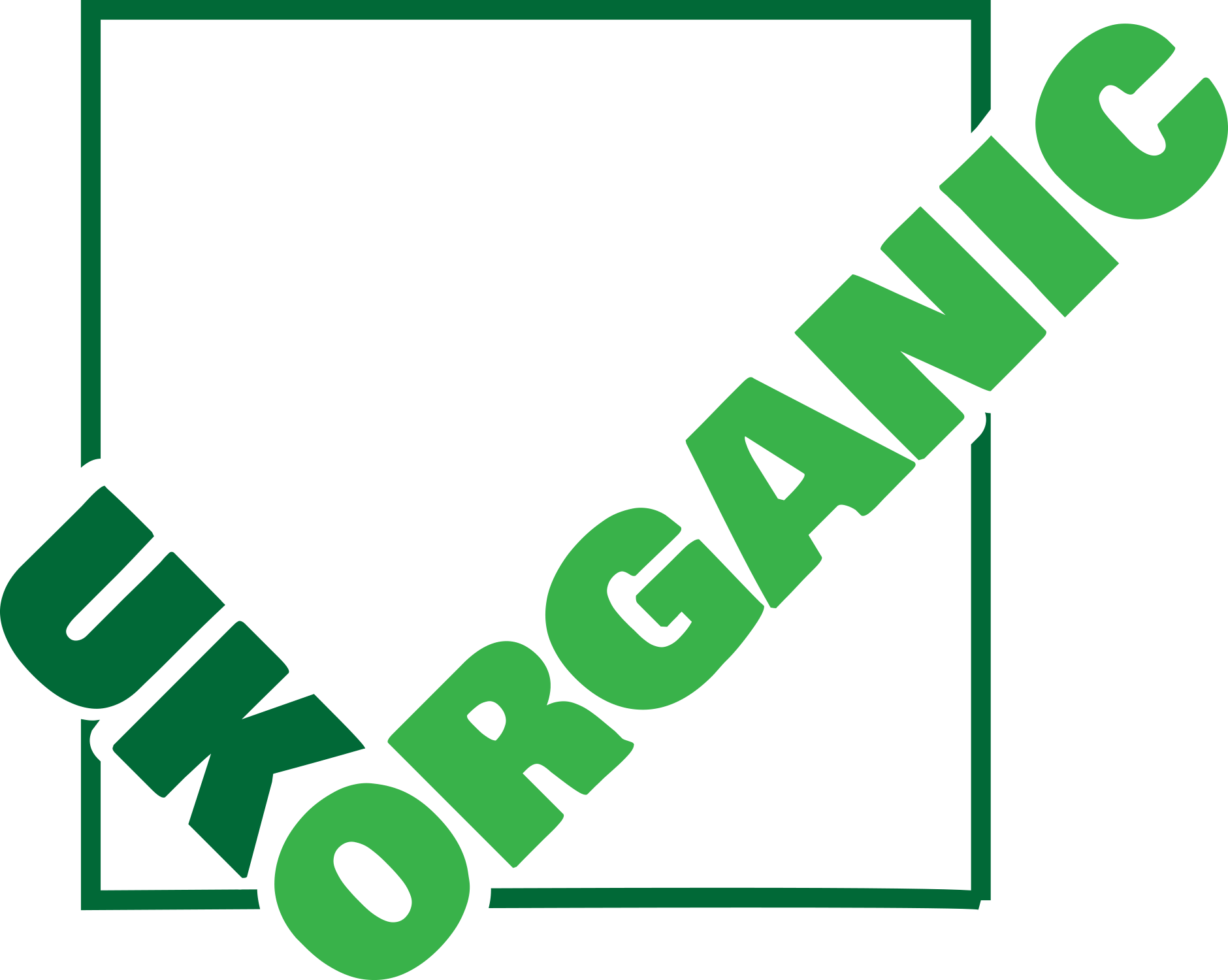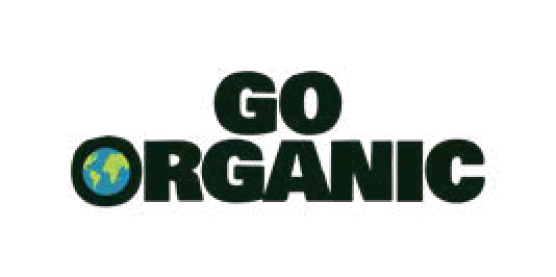Triodos Bank recently published their Annual Report for 2019 and it includes information on the impact that the bank’s lending is having across Europe.

The section on organic farming and nature development includes information on the organically managed land on farms that the bank has financed in 2019 as well as nature and conservation.
Organic land
Triodos have estimated that through investment and finance or organic certified land:
-
Could produce the equivalent of 21 million meals (2019) this is enough food to provide a sustainable diet for about 28,000 people.
-
34,000 hectares of organic farmland were financed across Europe, this is a football-pitch sized piece of farmland for every 13 customers, each one producing enough food for 550 meals a year.
Research shows that biodiversity on organic farms have 40-50% more wildlife compared to non-organic. Organic farming also maintains soil health protecting it against soil erosion and increasing water retention which helps with resilience to floods and drought.¹
Nature and conservation
The bank also financed 31,000 hectares of nature and conservation:
-
This is equivalent of about 400m² of nature and conservation land per customer
-
This land also provides sequestration/absorption of CO₂ from the atmosphere.
The bank’s trade finance from Triodos Investment Management funds were provided to farmers co-operatives and agribusiness. As a result, in 2019 over 98,000 smallholder farmers in 9 emerging market countries worldwide were paid directly and fairly upon delivery of their harvest.
The finance directly benefited harvests of 10 fair trade and organic products, including cocoa, coffee, rice and quinoa which were traded on international markets
In 2019 the clients of the funds had 64,000 hectares of certified organic farmland under cultivation (2018: 56,000) with, 6,000 hectares in conversion to organic.
You can read the Annual Report here.


